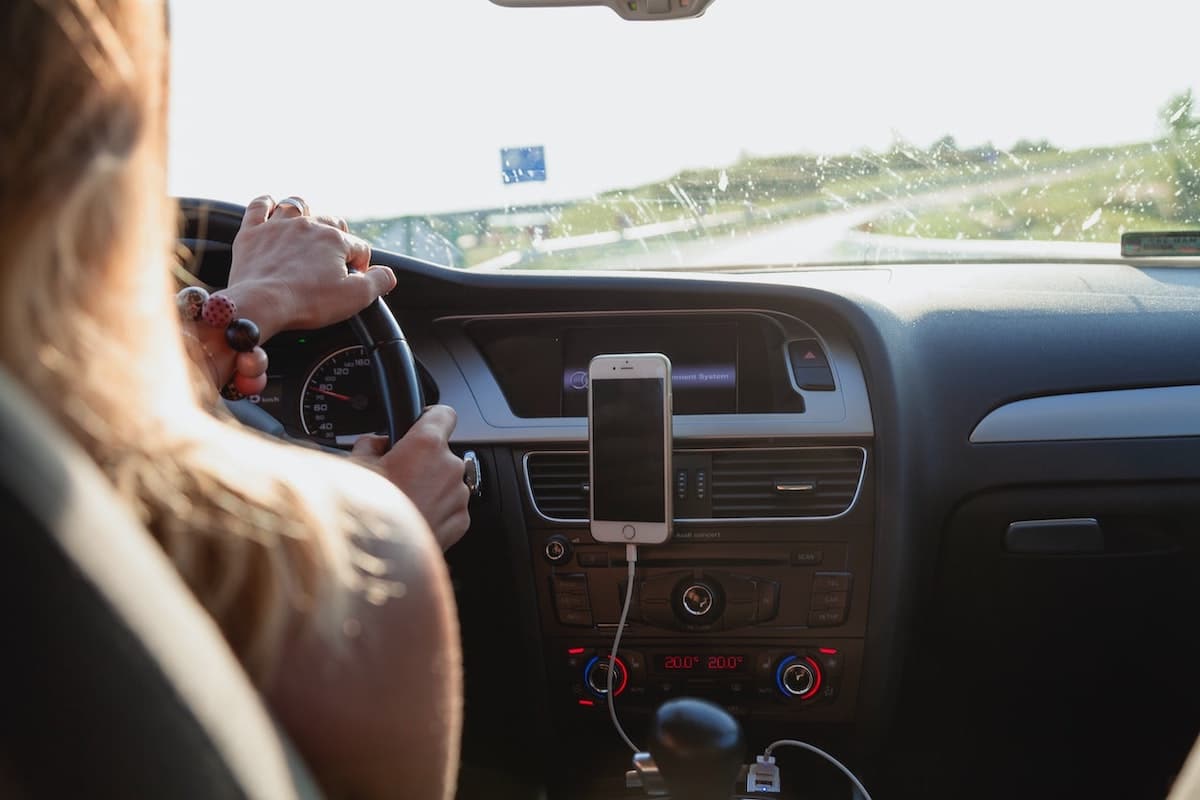Table of Contents
If you have just passed your driving test, you probably have lots of questions now you can drive by yourself.
Here are the answers to just five common questions that new drivers often have.
1. How long does it take to process a new car registration?
If you buy a car from a dealership, the dealer should take care of the registration process for you.
You should be given a temporary registration when you leave the dealership that can be used until your permanent plates and stickers arrive. It usually takes up to four weeks for permanent plates and stickers to arrive in the mail.
If you buy your vehicle from a private seller, or, in the unlikely situation that the dealership does not register your vehicle for you, you will need to apply for registration at your local DMV.
You will need to take the title of the vehicle with you. Also, you will need to take proof of your car insurance with you. Some states require proof of emissions testing, too.
2. How much will insurance cost for a new driver?
Because new drivers have less experience, they pay significantly more for insurance than experienced drivers.
The exact rate you pay will be based on factors like your type of vehicle, your location, your age, your driving experience, and your credit history.
Based on full coverage rates, the average cost for a new driver is $5,827 per year, which works out as $486 per month.
However, you could get a lower rate for your car insurance by simply shopping around. So, make sure you compare different insurance companies to find the best car insurance for new drivers.
3. Should I avoid driving in bad weather?
As a new driver, you will probably be cautious about driving in poor weather conditions and you may be wondering whether you should avoid driving in bad weather until you have become more familiar with driving on roads.
Well, while you should take things slowly, you should actually face your fears as early as possible. The more you delay driving in bad weather conditions, the more likely you are to keep putting it off.
So, whether it is ice, snow, heavy rain, or high winds, spend time practicing driving in such conditions as much as possible as soon as you can so that you can become confident driving in poor weather.
It could be a good idea to take an experienced driver with you when you first start driving in bad weather if you can.
4. Should I learn how to change a tire?
Yes, you should learn how to change a tire.
Even when you sign up with an automotive services company to assist you when you break down, every driver should know how to change a tire.
You never know when you may be in a situation where you need to change a tire yourself. Besides, by knowing how to do it yourself, you can avoid paying for call-outs.
Also, remember to always have a spare tire in the trunk of your vehicle.
5. Is it okay to listen to music when I first start driving?
As a new driver, you probably cannot wait to roll down the windows in the summer months and play your favorite music loud as you cruise along. But actually, you should avoid listening to music, or the radio, or podcasts, until you have become completely confident in your driving skills.
The reason is playing music or other content can be distracting to new drivers, and when you are distracted, mistakes and accidents are more likely to occur.
Featured Image Credit: Pexels


